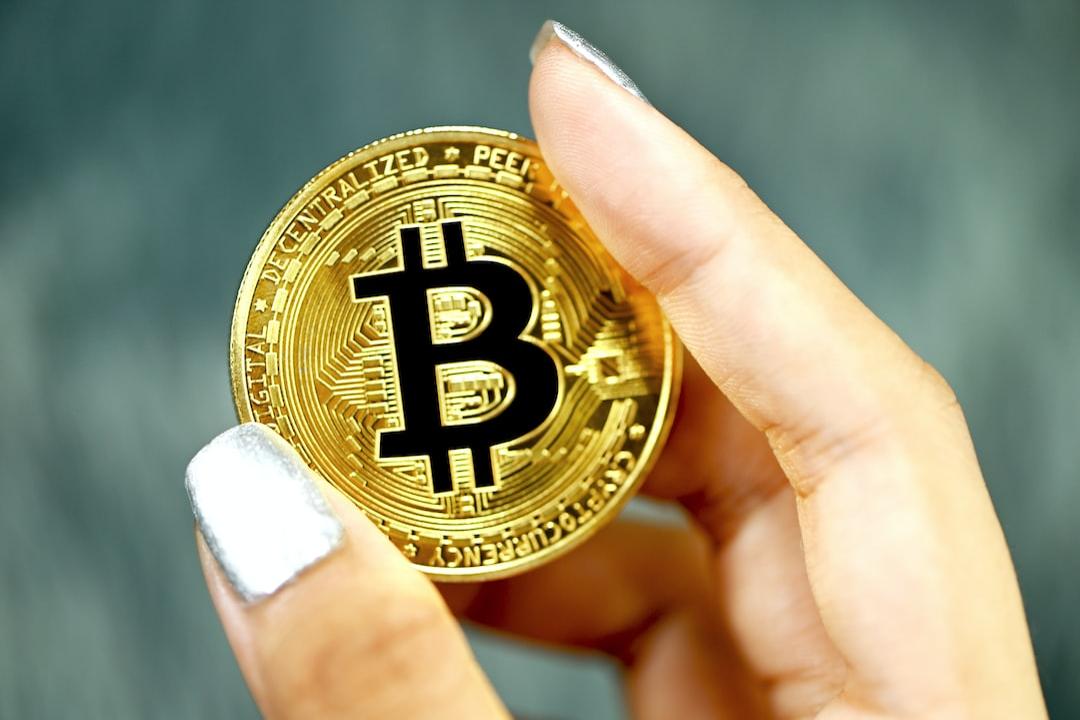El Salvador, a country known for its daring decision to make Bitcoin a legal tender in 2021, has recently purchased 12 additional BTC, demonstrating its unwavering dedication to cryptocurrency. This acquisition was made despite the country’s recent agreement with the International Monetary Fund (IMF), which resulted in some scaling back of Bitcoin policies. The purchase is part of El Salvador’s ongoing strategy to strengthen its position in the global cryptocurrency market, positioning Bitcoin as a long-term asset for the nation.
Continued Bitcoin Strategy
On January 19, 2025, the National Bitcoin Office of El Salvador announced through an official statement on social media that the country had added 11 BTC to its Bitcoin reserve. This move comes at a time when Bitcoin’s value has been hovering near its all-time highs. The following day, another Bitcoin was added, bringing the total to 12 BTC. As of the latest update, El Salvador holds approximately 6,044 BTC, valued at over $620 million, with each Bitcoin trading above $103,000.
Despite the challenges, including pressure from the IMF, El Salvador remains steadfast in its commitment to Bitcoin. This continued investment further signifies the nation’s belief in Bitcoin as a crucial part of its economic future. The country initially embraced Bitcoin as legal tender under the leadership of President Nayib Bukele, making waves in the global financial landscape.
Agreement with the IMF and Adjusted Crypto Policies
While El Salvador has maintained a bold stance on Bitcoin, recent negotiations with the IMF have led to some adjustments in its cryptocurrency policies. In December 2024, El Salvador reached a $1.4 billion financing deal with the IMF, which required the country to decrease its Bitcoin-related activities. Among the changes, El Salvador agreed to make Bitcoin acceptance optional for businesses and to scale back its government-backed Chivo wallet initiative. These adjustments are seen as a concession to the IMF, which has expressed concerns about the financial risks associated with Bitcoin’s volatility.
However, even after agreeing to these adjustments, El Salvador made a clear statement by purchasing more Bitcoin immediately after the deal was signed. This move has reinforced the country’s belief in the potential of the cryptocurrency and its continued support for Bitcoin as a central element of the nation’s financial strategy.
Growing Institutional Support for Bitcoin in El Salvador
Alongside the government’s efforts, El Salvador has witnessed growing institutional support for its Bitcoin policies. In 2024, Bitfinex Securities introduced tokenized US Treasury bills in El Salvador under the nation’s new securities regulations, aiming to raise $30 million. This initiative offers global investors exposure to short-term US Treasury bonds, utilizing blockchain technology to facilitate secure and efficient transactions.
Furthermore, Tether, the issuer of the USDT stablecoin, has relocated its business operations and headquarters to El Salvador. This move follows Tether’s acquisition of a Digital Asset Service Provider (DASP) license, solidifying its commitment to the Bitcoin-friendly nation. Tether’s CEO emphasized the supportive regulatory environment and the country’s vision for promoting global Bitcoin adoption, positioning El Salvador as a major player in the emerging blockchain space.
Conclusion
El Salvador’s bold decision to continue adding Bitcoin to its reserves, despite pressure from the IMF, reflects its dedication to a future backed by Bitcoin. The country’s acquisition of additional BTC, along with its growing partnerships with major cryptocurrency players like Tether, highlights the potential for ongoing innovation in the blockchain and digital asset space. As Bitcoin continues to evolve, El Salvador remains a leader in cryptocurrency adoption and blockchain integration, pushing the boundaries of what is possible for emerging markets.

